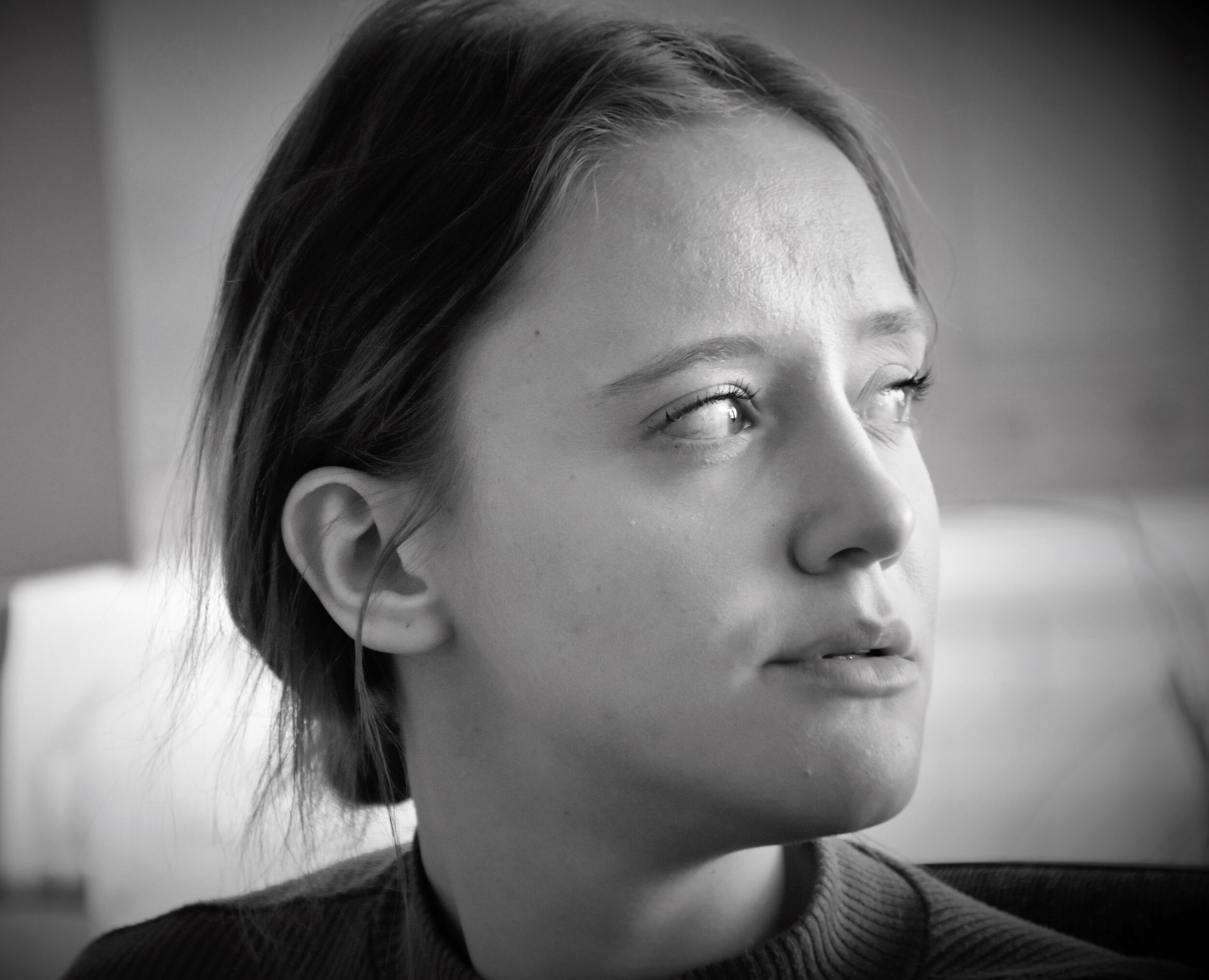
Anxiety
Anxiety
Are you feeling trapped or preoccupied by worry, fear, anxiety, or troubling thoughts? Is anxiety preventing you from engaging with your life in the ways you’d like?
Do you have trouble staying focused, falling or staying asleep, or remaining present? Are you constantly worried about things you have to do, and what might go wrong? Do you find yourself replaying things in your mind that have already happened, wondering how badly you messed up?
Perhaps sometimes it feels like your overactive mind is your worst enemy. You might feel powerless to control your racing thoughts, spirals of worry, panic, fear, shame, or doubt. Anxiety can cause us to question our words, our actions, our relationships, even our worth.
Anxiety might be causing you to feel stuck. Perhaps you’re avoiding social situations, or feeling unable to take the next step you need to in work, school, relationships, or life. You might struggle with self-doubt, decision paralysis, procrastination, and avoidance of anxiety-provoking situations.
It’s possible you may be experiencing physical symptoms as well. Do you ever feel like it’s hard to take a deep breath? Or like your heart is beating too fast? Do you feel jittery, exhausted, or on-edge? You might experience headaches, dry mouth, upset stomach or other digestion issues.
Sometimes anxiety manifests as an awful feeling in your heart or in your gut, accompanied by a sense of imminent doom. Perhaps your anxiety sometimes gets to the point of panic attacks, and you feel powerless to stop it.
If any of this seems familiar, it’s possible you’re dealing with high levels of anxiety. Luckily, anxiety therapy can significantly improve your quality of life, and leave you better prepared to deal with symptoms of anxiety moving forward—ready to face the challenges that life brings.
You are not alone.
Anxiety is more common than you might expect! Unfortunately, many people feel they have to figure it out on their own, or suffer privately. Perhaps there’s fear of judgment about seeking help, or admitting how much you struggle inside. In the privacy of your own internal world, you might be thinking that “everyone else” has it all figured out, and that you’re the one who’s broken or malfunctioning. Feeling trapped in your own anxiety can be an isolating experience.
Actually, everyone experiences anxiety. There’s a reason we are hard-wired to worry. We evolved the ability to use our clever minds to assess for potential danger. But when that tendency gets out of hand, it can interfere with your ability to live fully as yourself, in your life, in this moment. Anxiety therapy can help rein in your runaway anxiety.
Further, there are plenty of valid reasons to be anxious! Money, work, school—illness, pain, death—relationships, loneliness, fights—how we’re perceived by others—climate change, politics, pandemics, violence—uncertainty—any of the infinite number of bad things that might happen—what sane person could live in this world without a shred of worry?
In therapy, I help clients sort through their anxious thoughts, feelings, symptoms, and learn ways to cope with them. What is worth holding on to, and what can we learn to discard? I help clients find ways of coping that are personally meaningful—to help them “ride the wave” of anxiety, and learn to show up more grounded and emotionally regulated.
Common questions and concerns:
What does anxiety therapy look like?
Anxiety treatment looks different for each person. No one experiences anxiety exactly the same as anyone else. What one person experiences as a life-altering breakthrough might be a complete dud for someone else. But there are certain approaches to anxiety treatment that have been proven to help.
First, I aim to establish safety in the relationship so you feel accepted just as you are—with whatever fears, concerns, or struggles you might be dealing with. Having someone help share the burden of your anxiety is healing in itself.
Secondly, we might take a deeper look at some of the anxieties, perhaps getting curious about where they’re coming from. This might involve investigating the stories that often come with the experience of anxiety. From there we can decide, from a more grounded, safer place, which of these stories are “real” and helpful, and which can be dismantled and discarded.
Third, I like to incorporate a holistic approach, which means looking at symptoms within the context of your entire life. This could include your physical health, your relationships, family history, past experience of trauma, your financial situation, or other experiences related to your race, gender, sexuality, or socioeconomic status.
From there, we can work with ways of navigating anxiety that are tailored to your strengths, taking into account your particular life experience. I aim to help clients discover coping skills that support and resonate with their whole, authentic being.
How quickly will I find relief?
Therapy is a process that is different for everyone. Sometimes clients feel some relief after the first session. Just being able to talk about things and not be judged by someone can be profoundly healing. Other times, clients might find that their anxiety symptoms are deeply rooted and resistant to change. That’s okay too—there is no set time-frame for “success” in therapy, and I will never judge you for having your experience, even if it’s difficult and you find it hard to feel better. We’ll work together to continue your journey towards healing, strength, connection, and joy.
There might be extremely valid reasons for you to feel anxious! An undercurrent of anxiety is present for many, many people alive right now. If that’s the case, then what can we do about how you respond to the anxiety? Can we cultivate more internal resources and safety within yourself to work with the challenges? What helps you relieve anxiety, and how can we integrate more of these resources into your life?
Anxiety therapy can help you deconstruct your habitual anxiety responses and learn to respond from a more authentic, regulated place that we can cultivate in therapy.
If everyone has some level of anxiety, what’s wrong with me? I should be able to solve this on my own.
The tendency to compare ourselves with others can be deeply rooted. Sometimes people feel like needing therapy marks them as a failure, or confirms that they’re “broken.” Quite the contrary. As a therapist, I’ll admit to having a bias in favor of the value of therapy. On the other hand, I speak from personal experience, and have seen successful results working with many different clients and their unique experience of anxiety. I have seen firsthand the empowering effect of therapy, specifically as it has helped many clients learn to relate to themselves with kindness and compassion, all while exploring with curiosity and courage different ways of coping with anxiety. Many learn to work with their body and mind in a way that helps them navigate the ups and downs of life with anxiety. Discovering your own best ways to cope with anxiety can be an empowering and transformative experience.

